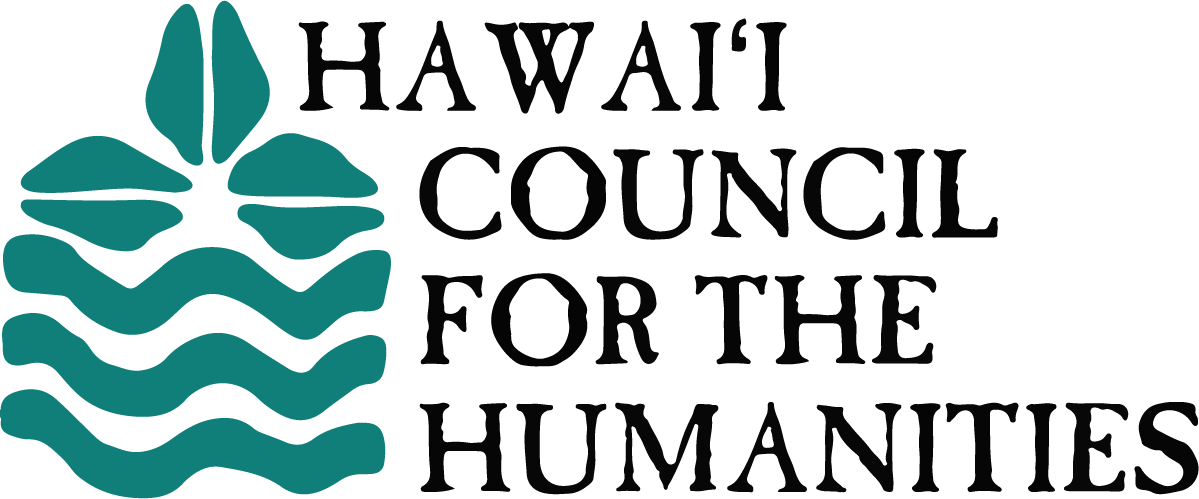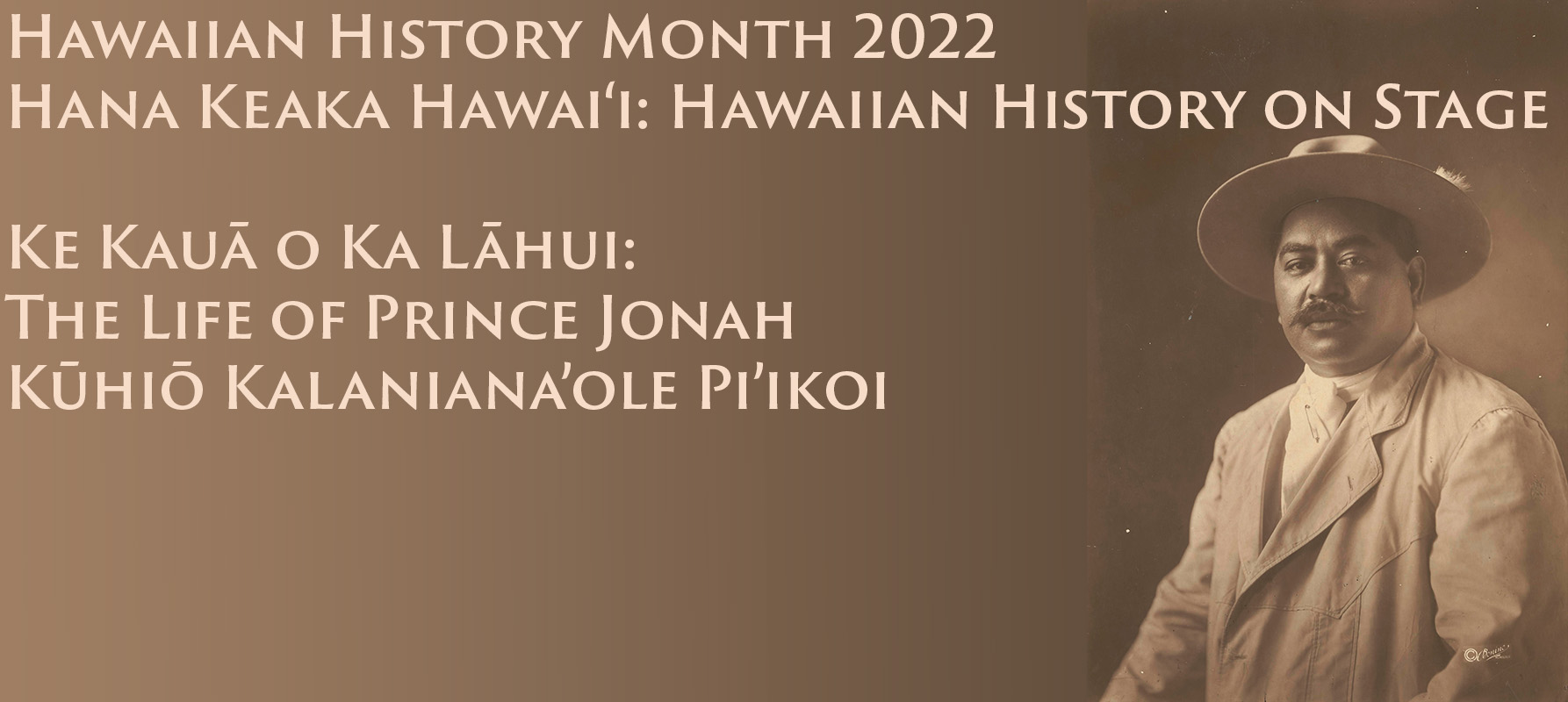As part of Hawaiian History Month 2022, Ke Kauā o Ka Lāhui: The Life of Prince Jonah Kūhiō Kalaniana‘ole Pi‘ikoi, a new play written by Victoria Nalani Kneubuhl and produced by Sammie Choy, debuted at ‘Iolani Palace on September 4, 2022.
Kūhiō is a challenging and controversial leader, and his story is not deeply known. Our hope is that bringing some of his mo‘olelo to life will help us today in grappling with tough issues we face around leadership and civics in our personal lives and in our complex community.
The following education materials were made possible thanks to our partnership with Hawai‘i Pono‘ī Coalition, with initial funding from National Endowment for the Humanities A More Perfect Union Initiative and the State Foundation on Culture and the Arts.
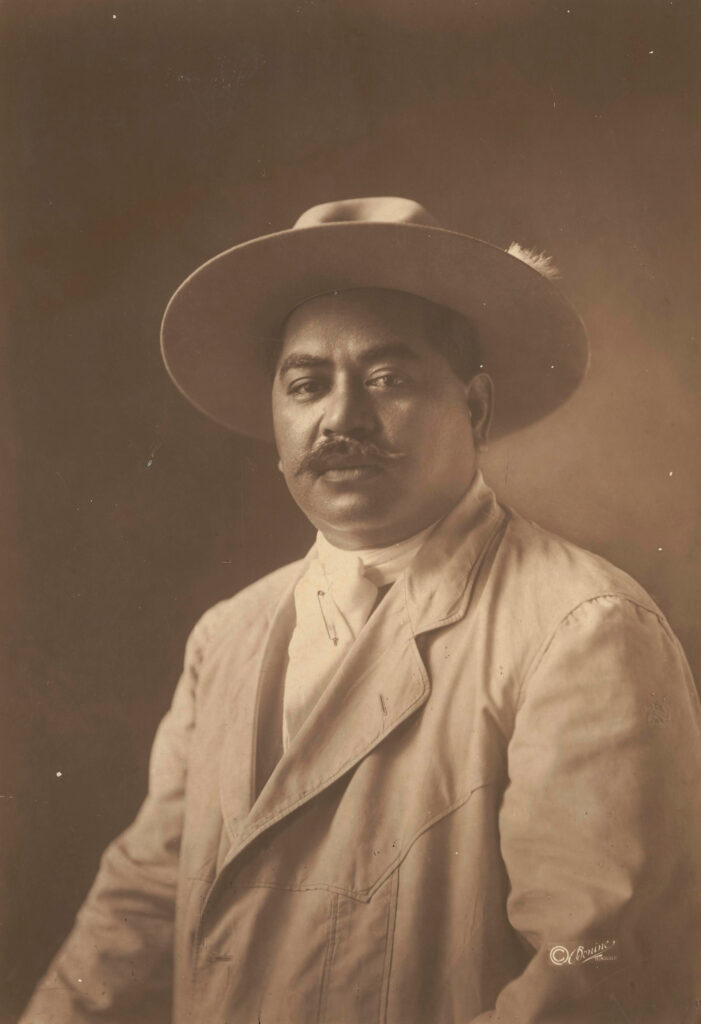
E OLA, KA LANI ALIʻI HOPE O HAWAIʻI, OLA!
NĀ KAWĒLAU WRIGHT
Read Hawaiian Scholar Kawēlau Wright’s biographical essay that explores some of Prince Kūhiō’s struggles and achievements.
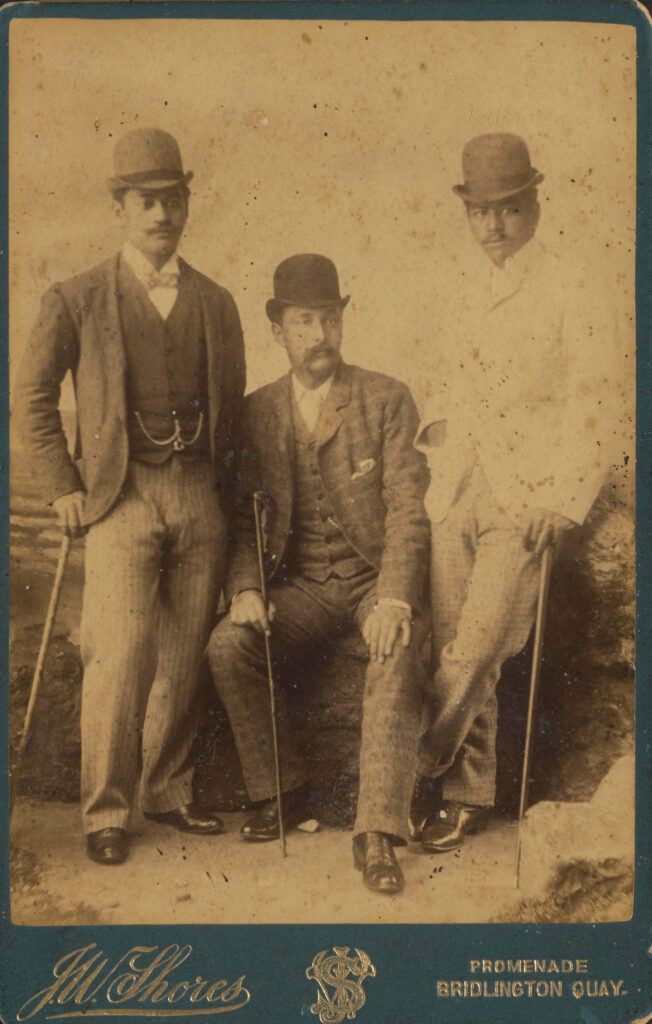
JONAH KŪHIŌ: SURFING, DIPLOMACY AND THE REJECTION OF FALSE CHOICES
NA KEALANI COOK
Read Kealani Cook’s Essay discussing Prince Kūhiō’s efforts in navigating the challenges he faced as Hawaiʻi’s Delegate to the U.S. Congress in the early twentieth century.
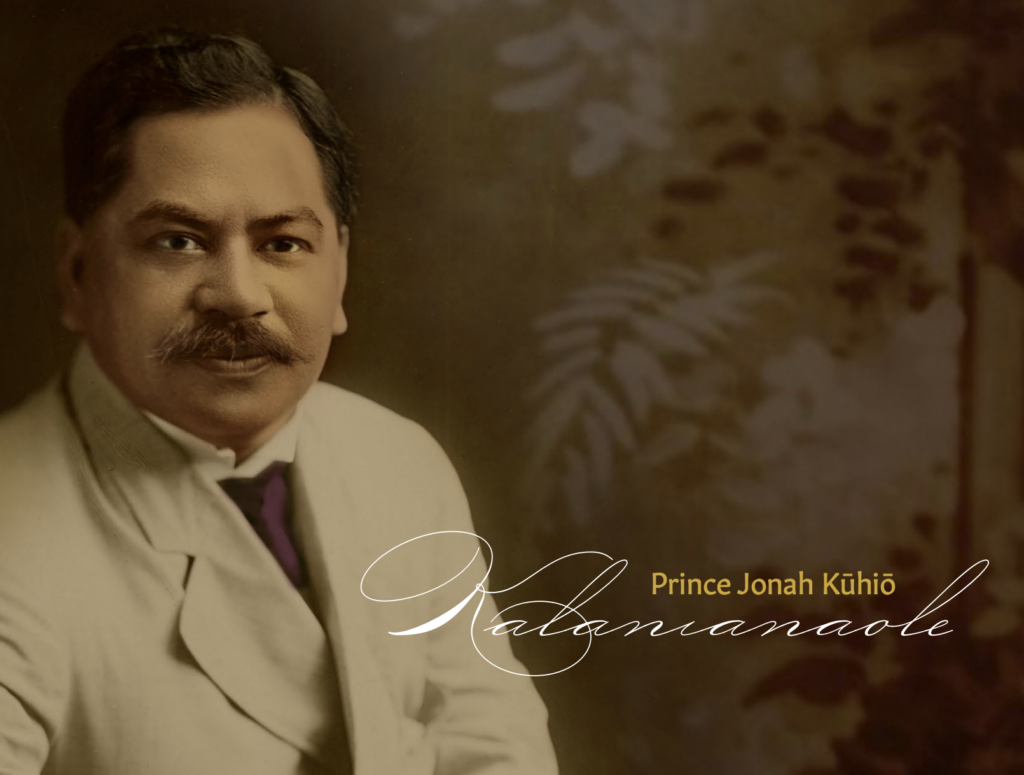
PUKE HA‘AWINA MELE HO‘OPULAPULA || VOL. 1
KĀHULI LEO LEʻA
Click the link above for more mele and moʻolelo inspired by Prince Kūhiō. Download a beautiful curriculum guide and watch some inspiring mele performances.
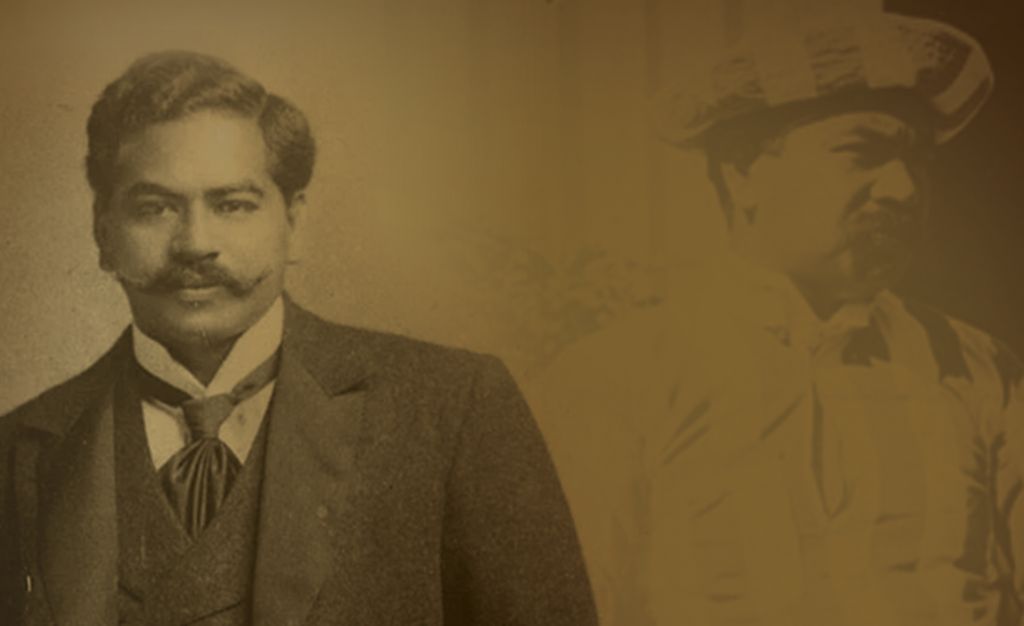
PLAYBILL BOOKLET FOR KE KAUĀ O KA LĀHUI: THE LIFE OF PRINCE JONAH KŪHIŌ KALANIANAʻOLE PIʻIKOI
Click the link above to download a digital copy of the companion booklet for the play.
Mahalo to the many scholars, teachers, and civic leaders who continue to mālama Prince Kūhiō’s legacy in their work. Mahalo to M. Kawēlau Wright, Kealani Cook, Davianna Pōmaika‘i McGregor, Noenoe Silva, Soulee LKO Stroud, Yuklin Aluli, Anita Naone, Zachary Alaka‘i Lum, Jacob Aki, Craig Howes, ‘Umi Perkins, Kaleo Hanohano, and Eric Stack for all the contributions to this project.

![]()
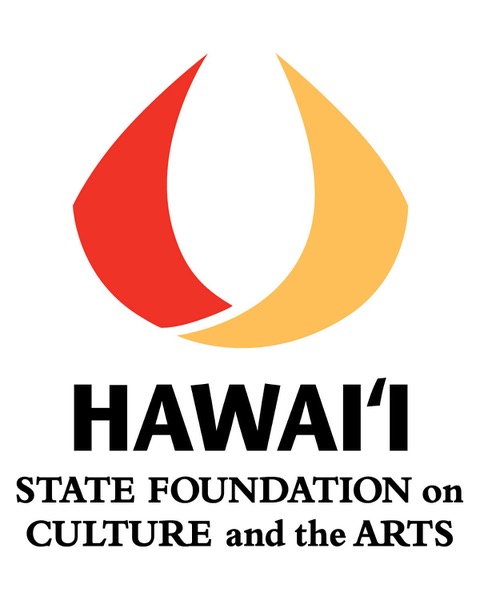
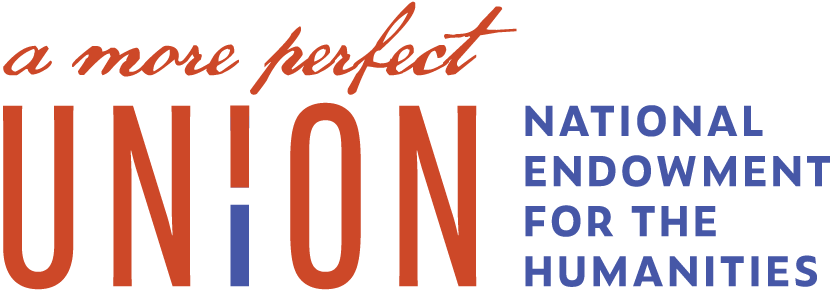
Our Public Humanities Programs aim to highlight a diversity of community voices from around our islands and is intended to raise important questions that will lead to continued productive discussion. The opinions expressed here do not represent those of Hawaiʻi Council for the Humanities or the National Endowment for the Humanities.
